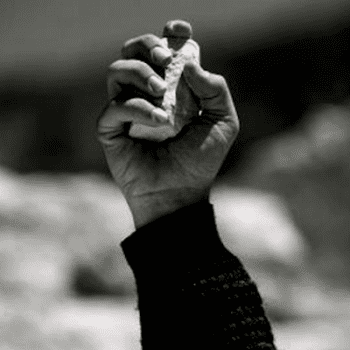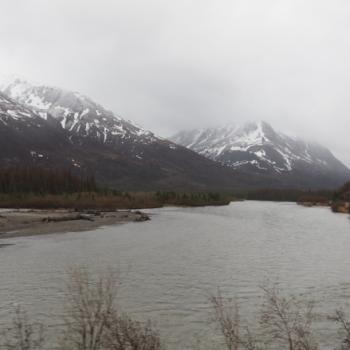I believe we will have to thoroughly absorb and understand this first point before we can have admirable political choices again. We may not accomplish that task in 2012. We may have to face a political breakdown of one kind or another—or at least a period of extended political disappointment—to learn this lesson. We don't need to approach this possibility with fear and dread, although that is very natural. If God's promises are true, the generations on earth today could well witness the most incredible display of His care for us that any people has ever seen. Our responsibility is simply to call first on Him, and not on the false gods of politics and government.
The second point relates to the uniqueness of America and the American political idea. We have a heritage that is particularly suited to "right-sizing" the place of government in our lives, if we will seek it out and understand it.
America's founders intended to make government as small as possible, because they were pessimistic about government's unvarying tendency to grow, impose burdens on the people, and become the agent of rent- and power-seekers. They ascribed to national government no positive transformative powers. Indeed, the Declaration of Independence and the Federalist Papers contained a dirge-like iteration of the perils of overly-animated governments. Government was a utilitarian necessity that could best serve the people by being limited: securing a very short list of essential conditions (e.g., religious and intellectual liberty and property rights), but not seeking to guide the people or move them in any particular direction.
Our founding was not about government, it was about limiting government. It emphasized restraining government as the highest political good, and attributed the blessings of virtue not to "government," which had no power to institute or secure them, but to God. (In addition to John Adams's famous quote on limited government—"Our Constitution was made only for a moral and religious people. It is wholly inadequate to the government of any other"—see here, here, and here for samples of religious sentiments and quotes from the American founders.)
American education and popular culture have for decades fostered an anachronistic interpretation of our nation's founding idea, putting it erroneously in the context of an ideological nationalism that did not become a pervasive force in Western politics until many years later. This false perspective implicitly categorizes all uses of government as methods of imposing one universalist idea versus another on the people.
But our founders did not see government that way. For them, it was not a tool for fixing problems, creating a new social order, or even establishing a compulsory national opinion on everything under the sun. Theirs was a very different proposition. The founders saw limitinggovernment as an important means of preventing the unnecessary problems created by government when it was full of aspirations and "good ideas."
Conveniently, this is just the view of government we are left with if we cede to God His proper place in ordering our affairs. It is good news that we Americans don't have to reinvent the wheel to revive an outline of properly-scoped government.
The better news is that the very instant we remember where our salvation lies, and whom we should be calling on for mercy and relief, we will begin to see an avalanche of grace whose magnitude we cannot even imagine. Politics and government can be a lot of fun. But the greatest and most important things in God's universe are beyond their reach.





